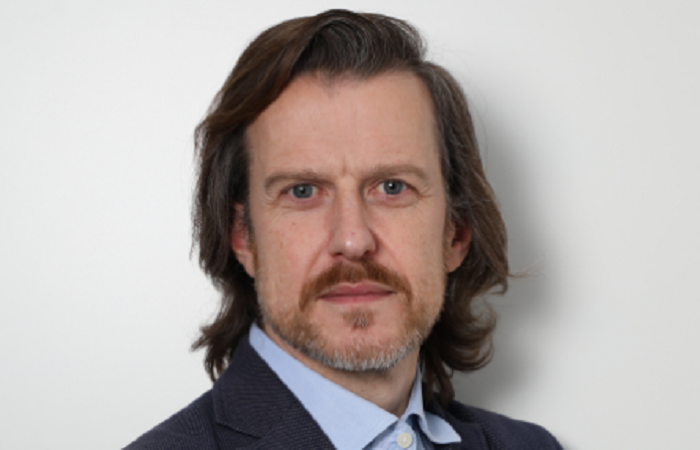
Much of the mental health support provided by employers focuses on individual staff members, but it is equally important to consider how an organisation itself may need to change to effectively support employees.
Evidence, found in Management of psychosocial risks at work: An analysis of the findings of the European Survey of Enterprises on New and Emerging Risks (ESENER), published in September 2012 by the European Agency for Safety and Health at Work (EU-OSHA), shows that inappropriate work environments can exacerbate mental health problems. An organisation’s leadership, its group behaviour, and how it communicates with staff, are all elements that can affect employee wellbeing.
If an organisation is serious about improving staff mental health, assessing the working culture honestly and implementing appropriate changes could be one necessary step.
Rand Europe’s Health, wellbeing and productivity in the workplace report, published in May 2015, shows that integrated wellbeing strategies, where organisations pay attention at board level, tend to produce improved staff and productivity outcomes.
For a mental health support strategy to work, it should be applied at multiple levels across an organisation. Running an intervention in isolation, without the organisational change and support across all levels, will likely have limited impact.
An integrated approach could include elements such as: creating better awareness of working methods that cause poor mental health; changing organisational practices that are known to challenge mental health; role modelling healthier behaviours by leaders; and honest, consistent and authentic line management support of staff.
Such a culturally integrated approach, running alongside evidence-based methods to support and prevent mental ill-health, could provide a more effective, successful and balanced change programme. We owe it to our working population to protect them from harm, not expose them further to it.
Michael Whitmore is a research leader at Rand Europe